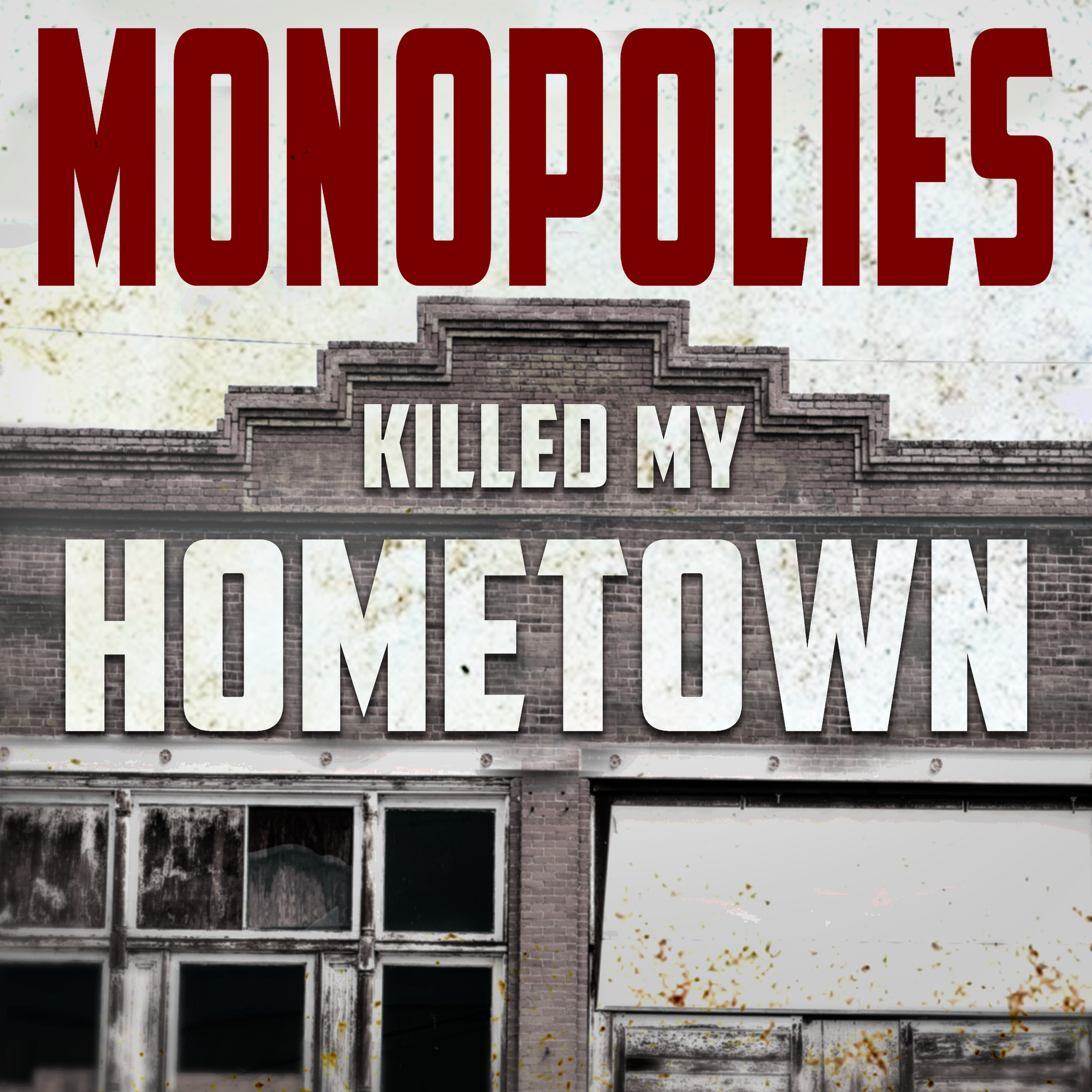5 Small things to keep in mind for September 29, 2022
Welcome to the new version of 5 Small things to keep in mind. First, a post-Fiona update. We fared extremely well; we lost power at our house for 36 hours. Our office only had power restored yesterday afternoon. Overall, I'm very grateful. On Saturday afternoon I went out to look at the damage in town, and stumbled upon a small business that was selling generators - even though they didn't have any power. I bought one, and it made my family's last 24 hours without power more bearable.
Like I said above, I'm grateful for our safety, and for all the line crews and other workers cleaning up trees and getting power back as quickly as possible.
1) Update on the podcast and newsletter
You'll notice this newsletter looks different and is coming from a new email address. I found my workload was getting too much and I couldn't put as much attention and focus on the Center for Small Town Success.
I decided to move my podcast and this newsletter to its own website - www.mkht.ca - and I've created dedicated social channels - LinkedIn, Twitter. These are still a work in progress, and I am updating them constantly.
This won't be the last you'll hear from the Center for Small Town Success, but for now it's got to be paused. In the meantime, please do the social-media-"like" thing, and share the newsletter page.
2) Membership options
With the updates from above, I've created different membership options if you choose to support me and this project. There is no obligation for this - all the podcast episodes, newsletters and other writings will remain free.
This is a passion project for me. I'm not looking for it to generate any income. I do want to grow the anti-monopoly movement and increase our impact. Any support I receive from you will be used to further our reach and impact, by creating new projects, getting more people involved in creating content, and increasing our story-telling and advocacy.
With your support we can expand the anti-monopoly movement in Canada and make some big changes for small towns, small businesses and us.
3) Big retail hurting suppliers - again.
NEW REPORT: Powerful retailers are killing off small businesses by dominating supply chains. It’s time to revive the Robinson-Patman Act and restore antitrust enforcement against predatory buying.
— Institute for Local Self-Reliance (@ilsr) September 23, 2022
By @stacyfmitchell and @ronmknox.https://t.co/3Dpbyn6flk
Another standout report from Stacy Mitchell and Ron Knox with ILSR. Stacy was one of the guest speakers at the CAMP launch event.
In response to the dominance of the A&P grocery store and the threat of other large retailers, the US passed the Robinson-Patman Act (RPA) in 1936. From the report:
Since the 1970's the US FTC hasn't enforced the RPA. This has let large retailers, like Wal-mart and Amazon, require suppliers to give them massive price discounts that smaller retailers aren't able to access. These price breaks let Wal-mart offer "everyday low prices." These price breaks let Wal-mart undercut small and independent retailers and ultimately drive them out of business.
What did our communities get? A boring retail scene that is dominated by large chain stores.
What did our communities lose? Everything. We lost our merchants, we lost the ability for our communities to be self-reliant, and we lost the novelty that comes from a retail scene dominated by small merchants.
4) Fixing our merger laws
Canada's merger law fails to protect competition — particularly in digital markets — in several ways.
— CIGI (@CIGIonline) September 28, 2022
What can policy makers do to ensure our merger laws truly protect Canadians?
Read the latest paper by @KeldonB: https://t.co/q8hmrbm0Nl pic.twitter.com/OUjaQUaT6v
Keldon Bester, a co-founder of CAMP, wrote a paper for CIGI about how our Canadian merger laws are failing us, especially when it comes to digital markets. The above video summarizes the paper well, but you'll gain a lot more understanding by reading his paper - plus, Keldon's writing is a joy to read.
What can the rest of us do about our merger guidelines?
When the review of the Competition Act starts, write a simple submission demanding better from our Government and the Competition Bureau.
Don't worry, I'll let you know when this process starts.
5) The telecoms didn't deliver. Again. -shocking-

Friday night our power went out, and Saturday morning I couldn't access data reliably on my cell phone. I couldn't send iMessages, I couldn't check emails or the power outage maps, and the couple calls I tried to make failed. It was only Saturday afternoon when I got access to data again; I knew service was restored because I got about 10 iMessages simultaneously. This was supposed to be fixed after Hurricane Dorian hit us in 2019. Guess what? The telecoms didn't fix it.
Needless to say, NS Premier Tim Houston didn't have nice things to say about the telecom companies. Houston says, despite being asked to, none of the telecom companies sent representatives to the provincial co-ordination center. Only after high-level complaints did any of the companies send a representative, who left after only two days to work virtually.
A public company that runs critical infrastructure should not be allowed to believe that listening to our provincial government is an option. When the provincial government calls any company and asks them to come to the provincial co-ordination center, the company should willingly be there, eager to help. Hopefully, our governments actually start to act in our interests and hold companies - in this case, the telecoms - to account.
Just checking - we're still contemplating that a Rogers/Shaw merger would be a good thing?


Member discussion